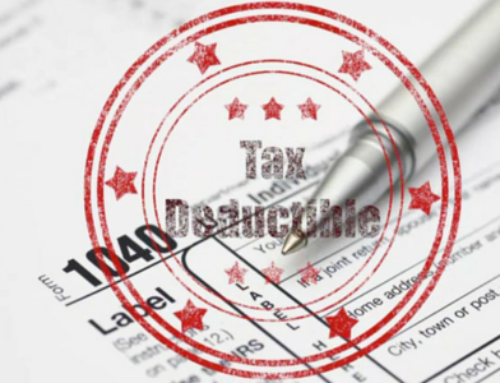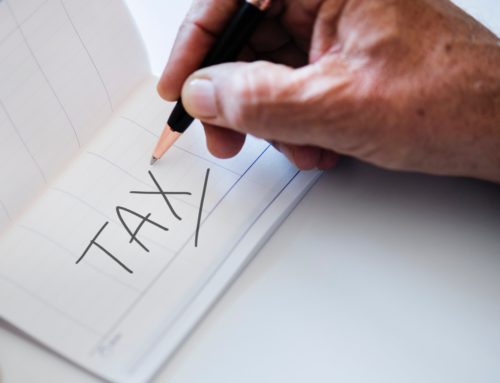Purchasing a business in the Greater Philadelphia area has significant tax implications, both in the year of the sale and into the future. If you are considering purchasing significant assets from another business, it’s critical to talk to a business tax advisor to help you structure your purchase to your best advantage.
What constitutes purchasing a business?
The IRS sets forth the following guidelines:
- A group of assets constitutes a trade or business if either of the following applies.
-
- Goodwill or going concern value could under any circumstances attach to them.
- The use of the assets would constitute an active trade or business under section 355 of the Internal Revenue Code.
-
- Corporate liquidations of property generally are treated as a sale or exchange.
- The sale of a trade or business for a lump sum is considered a sale of each individual asset rather than of a single asset.
(Source: https://www.irs.gov/businesses/small-businesses-self-employed/sale-of-a-business)
Therefore, if you are considering purchasing all or a significant portion of the assets of a company (whether tangible assets or stock), the IRS will likely consider it the sale of a business.
Review financial documents thoroughly
With your financial advisor, review the company’s financial documents as well as federal, state, and local tax returns of recent years. Together you will be able to evaluate not only your current tax implications but the effect the purchase will have on your future taxes. It is extremely important to confirm that the seller does not owe back taxes or have any liens on the business.
While the responsibility for federal taxes will remain with the seller, tax liens could transfer with the sale. In Pennsylvania, a tax lien puts the state at the head of the list for repayment before business transfers or loans, so before you negotiate the sale, require the seller to provide certified letters from tax agencies showing all taxes have been paid. Additionally, have the agreement written to clearly state that you, the buyer, will not be responsible for tax liabilities prior to the sale. Your tax advisor can help you craft the language.
Purchase of tangible assets and stock
State and local sales and usage taxes will apply to the purchase of tangible materials. However, the buyer has the benefit of the depreciation tax deduction. Since you and the seller both want to minimize tax burden and maximize profit in the exchange, you will need an experienced tax accountant and a tax lawyer to help with the negotiations.
Pennsylvania requires the residual method to be used for any transfer of assets that constitute a trade or business (as defined above). The consideration is allocated among the various assets in certain proportions. The IRS recognizes seven classes of assets, according to form 8594:
- Cash and bank deposits
- Actively traded personal property and certificates of deposit
- Debt instruments
- Stock in trade (inventory)
- Furniture, fixtures, vehicles, etc.
- Intangibles
- Goodwill of a going concern
The purchase of stock poses more complications than the purchase of tangible assets, as stock acquisition releases the seller from tax debt. Therefore, it is even more important to consult with financial and legal experts in order to craft the agreement to clearly define who is responsible for tax debt.
If you are considering purchasing a business or significant assets from a business, contact us here at Koelle & Associates, CPA to help you make the best financial decisions. For over 30 years, we’ve served businesses and individuals in Willow Grove, Abington, Ft. Washington, Huntingdon Valley, Dresher, and surrounding areas.




